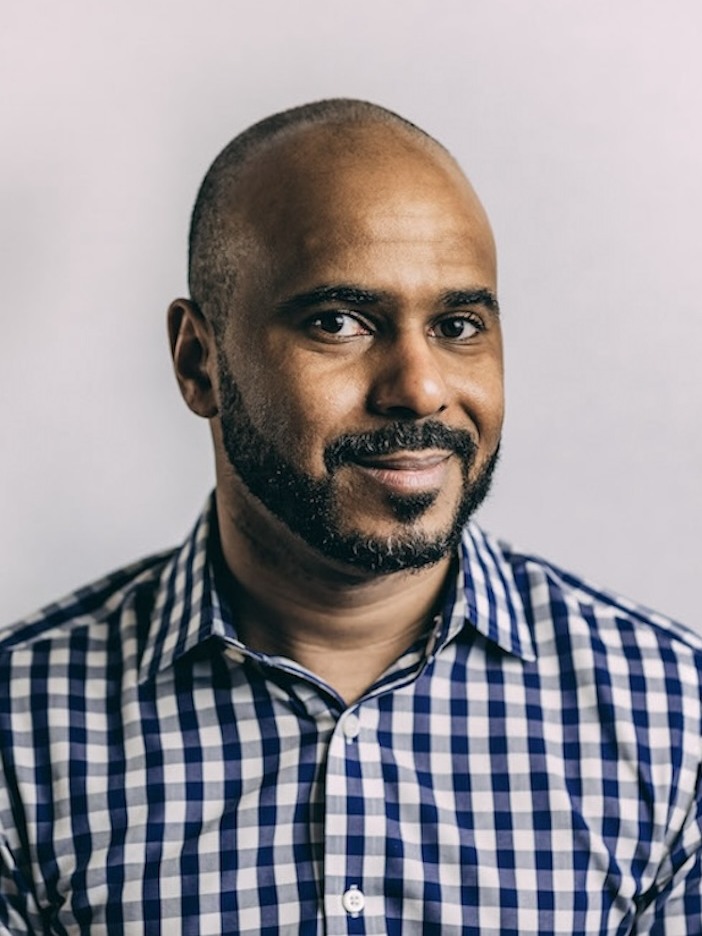Webb was nominated to attend the summit by his mentor, Justin Smith ’02, a Brown alumnus and current doctor of public health (DrPH) candidate at the Harvard T.H. Chan School of Public Health. Mentorship is a key component of the HES program, with each student matched with at least one mentor in support of their academic and professional growth.
“I benefited greatly from mentors who took me under their wing,” Smith said. “That experience inspired me to provide similar mentorship opportunities to scholars like Webb. In the context of the HIV epidemic, I may not witness its end in my lifetime—though I hope for it. It is essential that I pass the baton to others to continue the fight against this disease.”
Currently in his final year of the MPH program, Webb is in the process of applying to medical schools. We spoke with him about his work, aspirations and experiences at the White House Rising Leaders Summit.
What were your thoughts when you received the invitation to the White House Summit?
I definitely felt honored when I got the email. Honestly, at first, I thought it was a mistake. The email said “esteemed leader,” and I thought, “Wait, is this meant for me?” I saw “White House” in the subject and the White House logo, and I was still unsure. Then I got a follow-up email asking me to confirm my attendance, and that’s when it hit me—this was real. I felt shocked, honored and elated all at once. I was also curious because I was nominated for it, and I remember thinking, “Who nominated me?” I thought it might be related to policy or politics, which isn’t my usual field, but once I read more, I realized this opportunity was for me.
Did any particular moments from the summit resonate with you?
Definitely. I usually think about HIV from a prevention and clinical perspective, but at the summit, I was exposed to how other fields, like art, poetry, dance and even content creation, are being used as tools for HIV awareness and prevention.
There was a content creator there—her TikTok handle is “Marnina the Queen”—who uses her platform to reshape the narrative of living with HIV as a Black woman. It was fascinating to see how these creative approaches are helping people learn about PrEP (pre-exposure prophylaxis) and breaking down stigmas. It expanded my view beyond the clinical and showed me how multifaceted the fight against HIV can be.
How can young researchers like yourself contribute to addressing the latest challenges surrounding HIV?
That’s something we talked about a lot. It’s a huge responsibility, knowing that we are the next generation of leaders in the fight against HIV. Especially when you look at the statistics, it’s younger people who are acquiring HIV at faster rates. So, as someone who’s part of a generation at risk, I think it’s important to use my voice to advocate for prevention and awareness. Being at the summit and talking to other emerging leaders was empowering. It made me realize that we could be the future directors of the CDC, the next Surgeon General or the leaders in HIV policy. It's a big responsibility, but I’m hopeful about what we can achieve.
